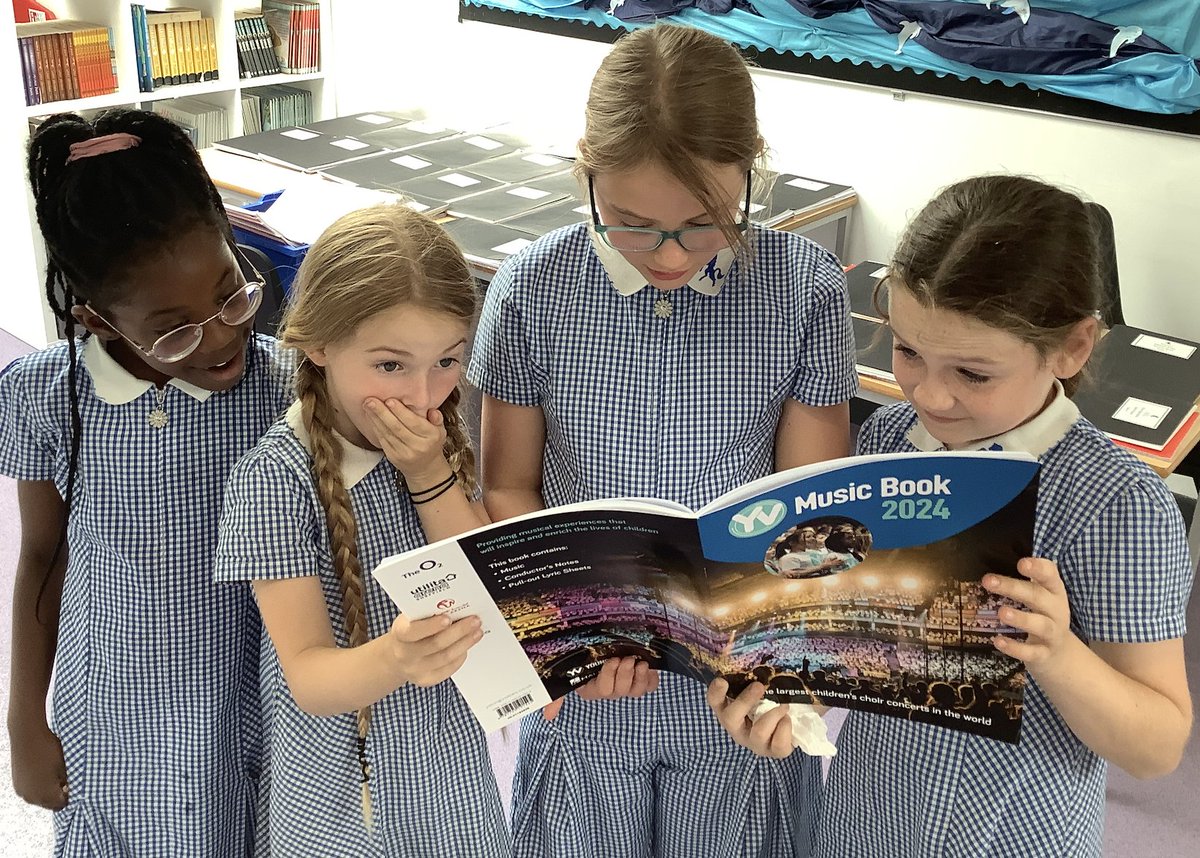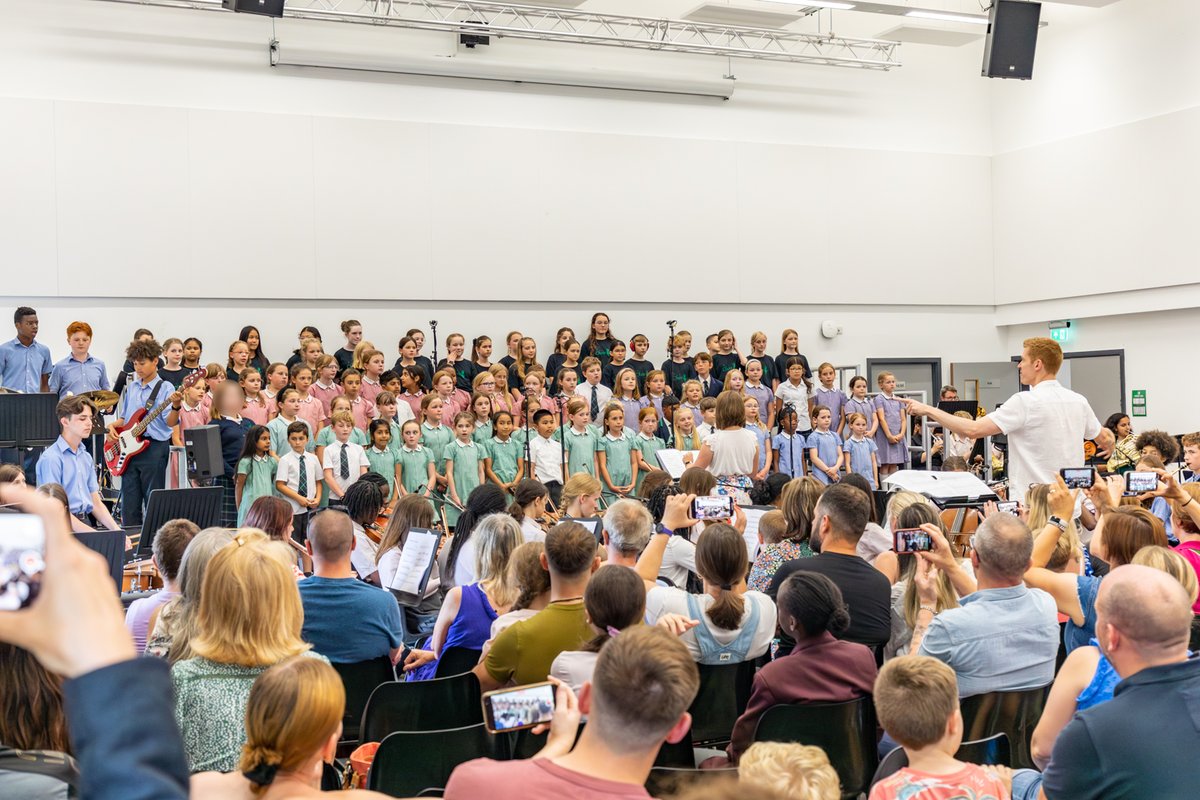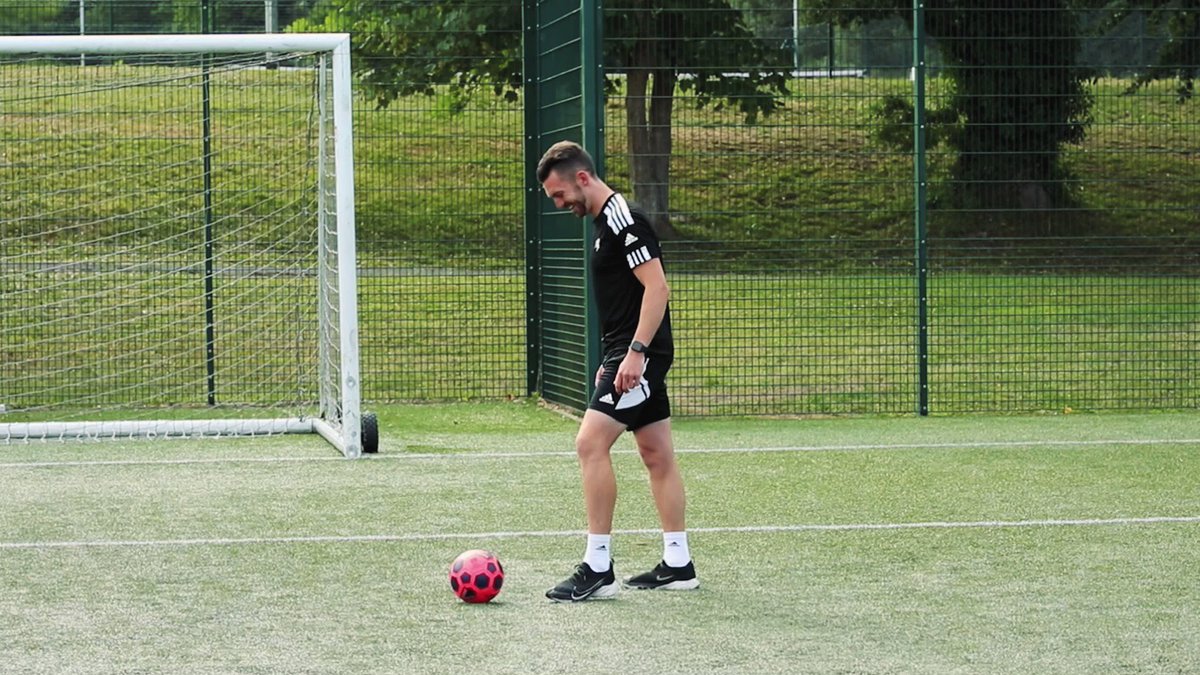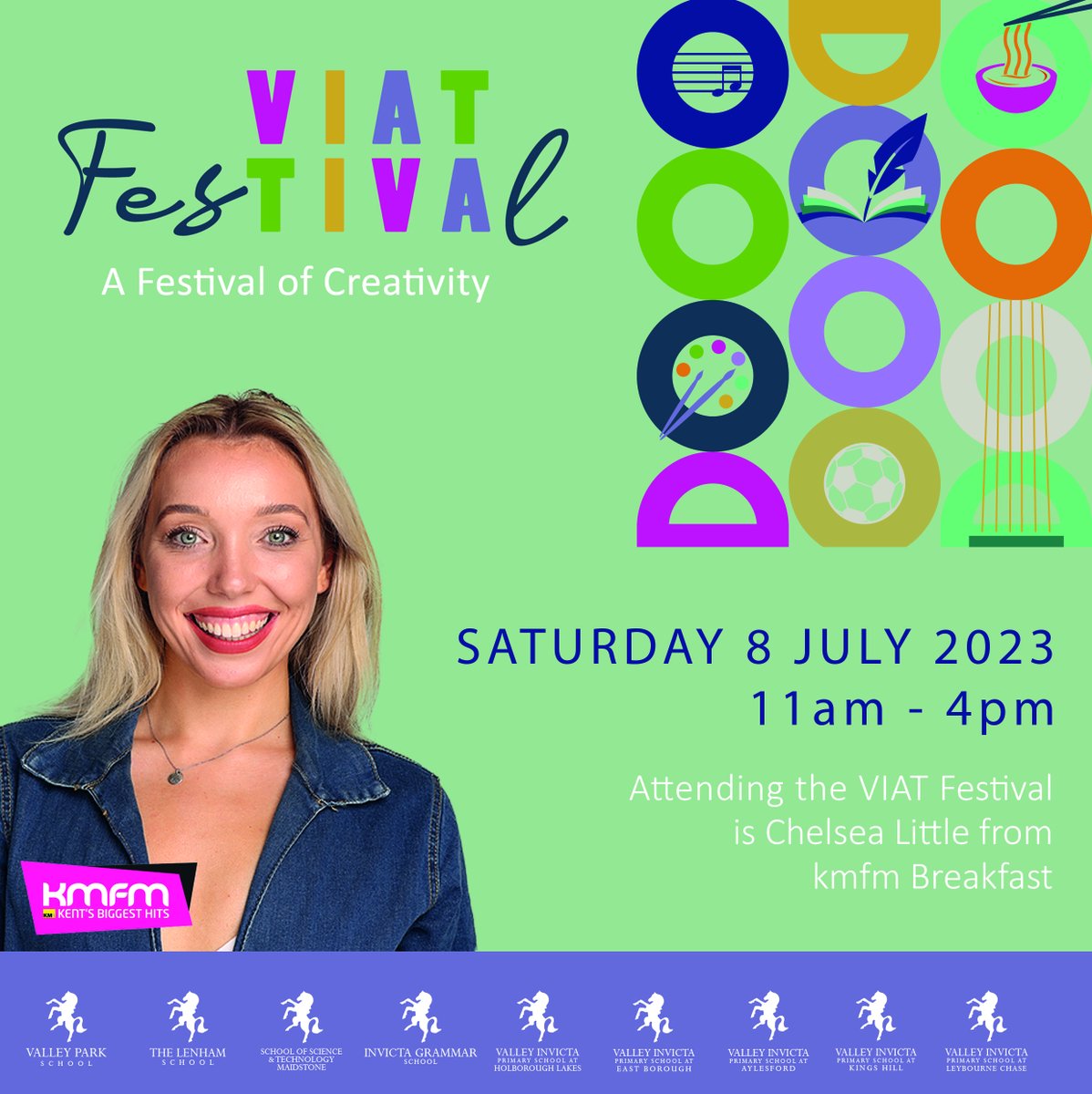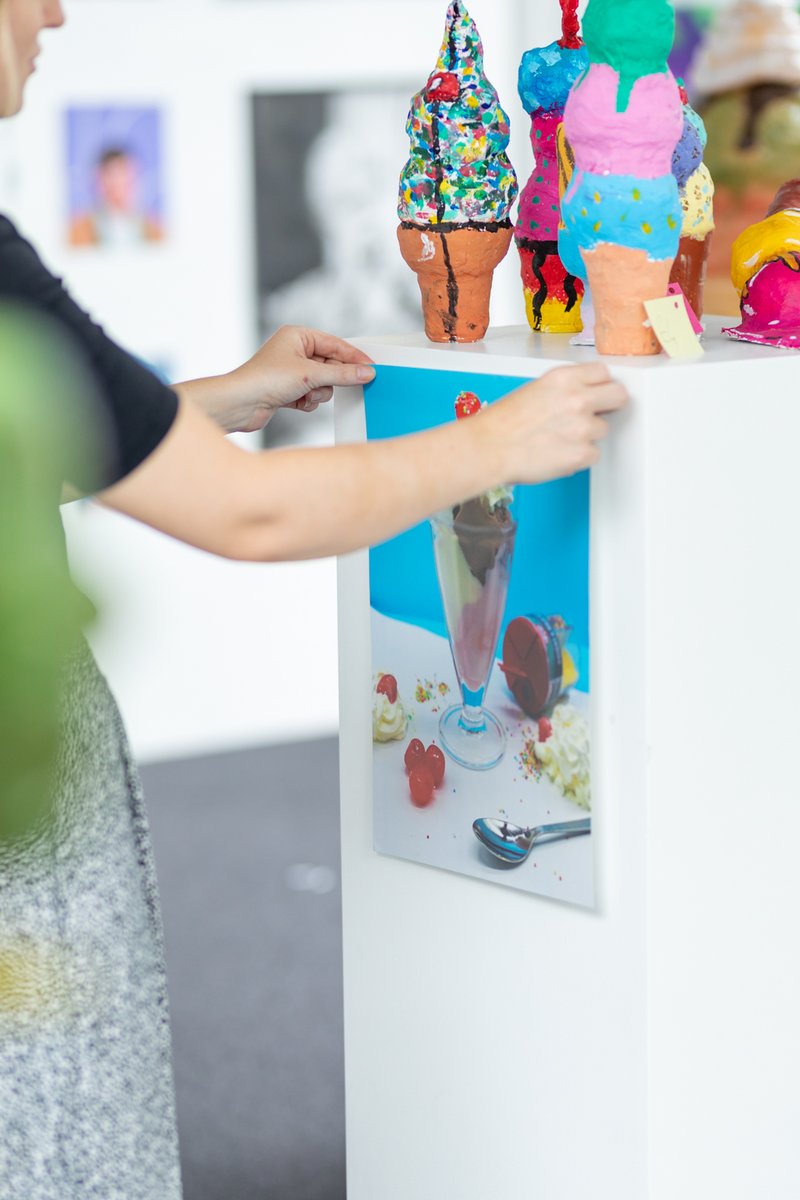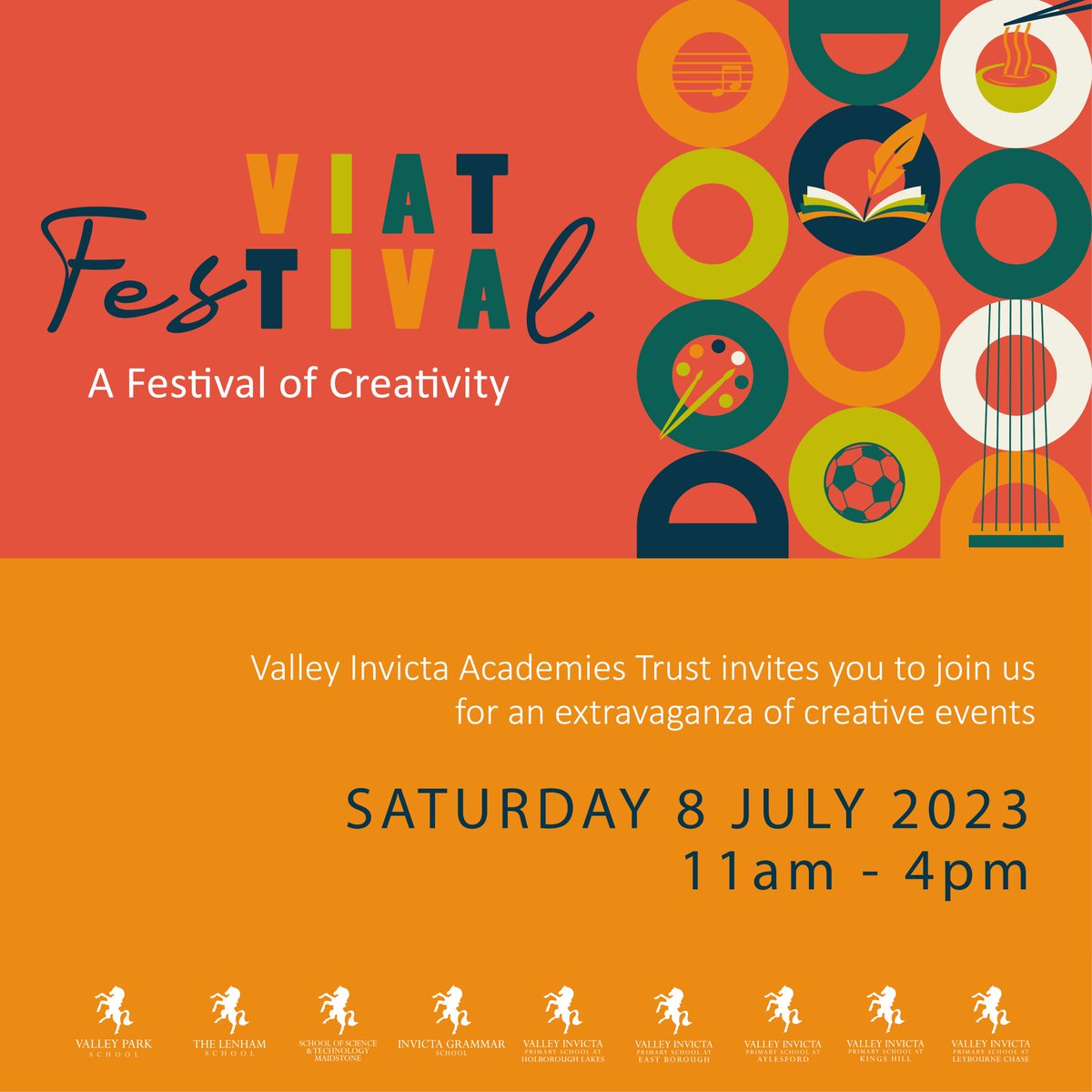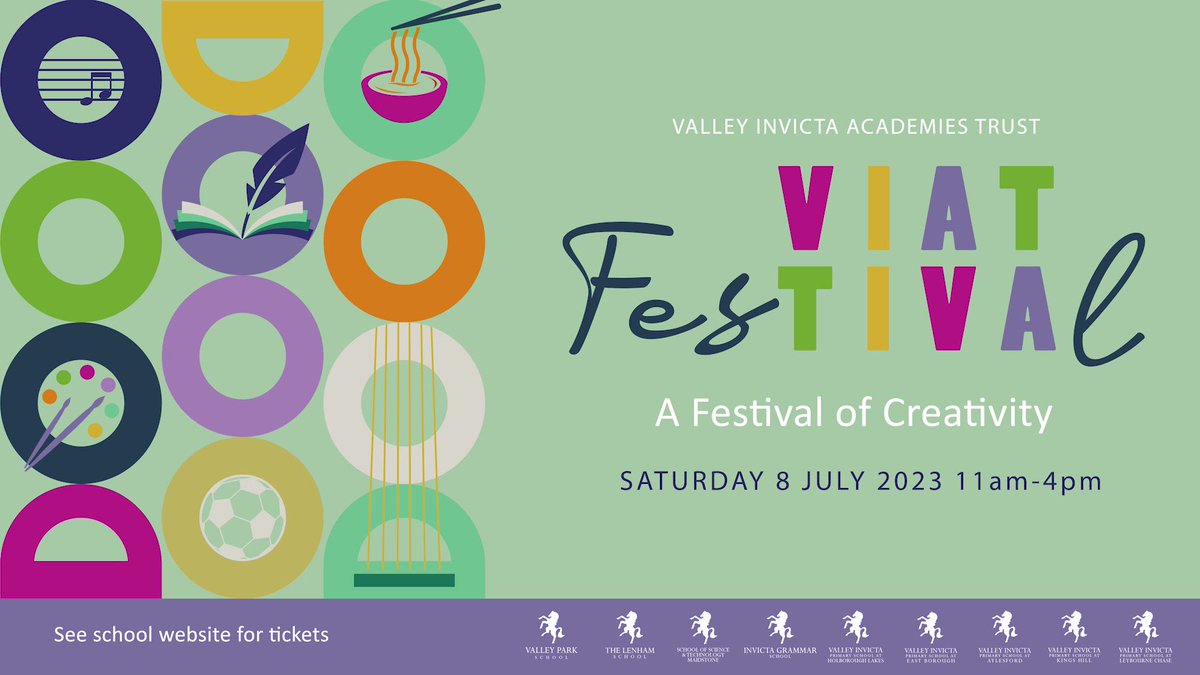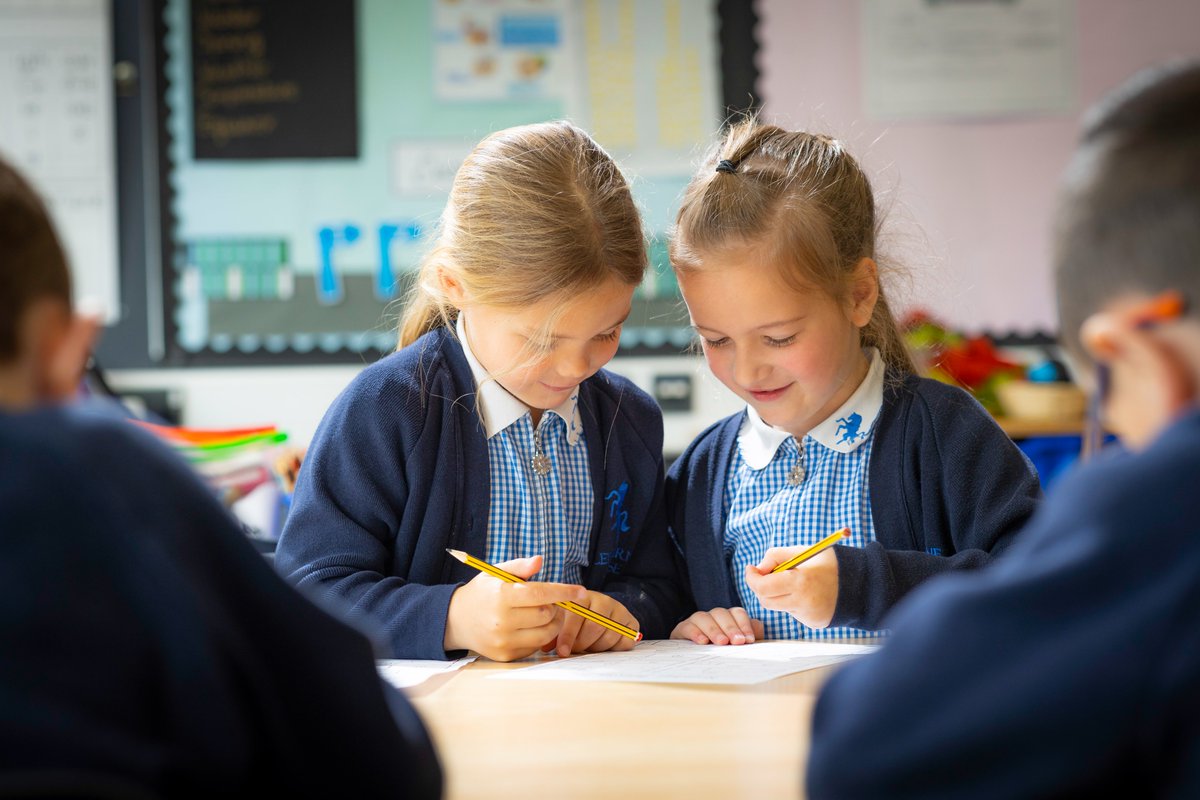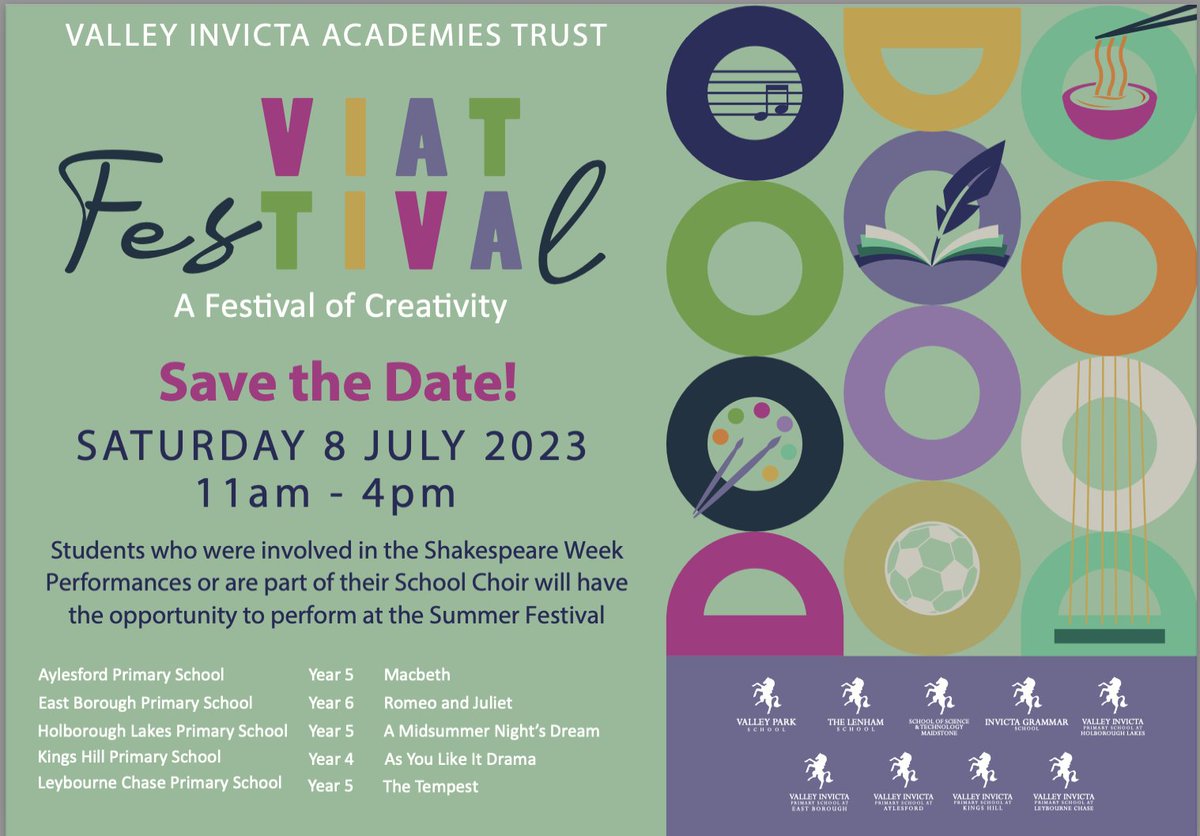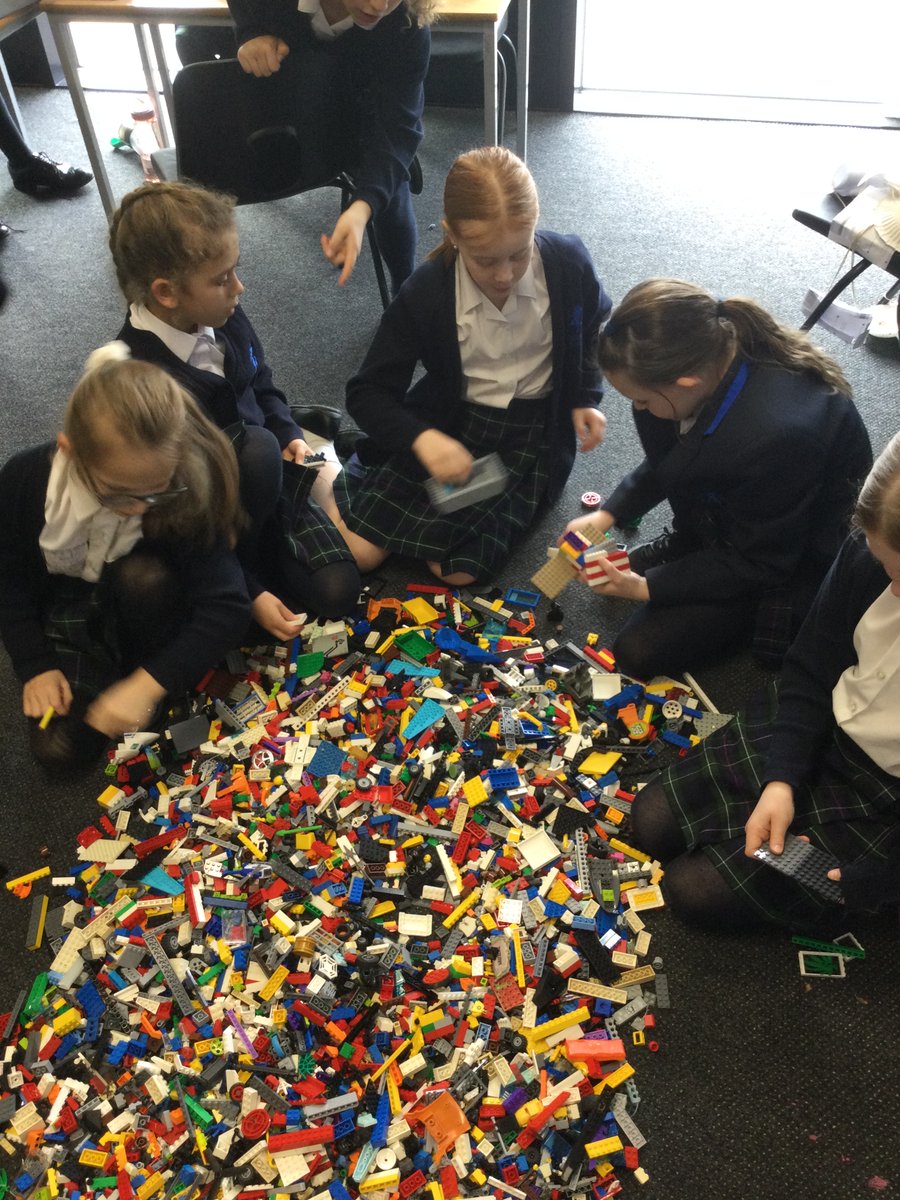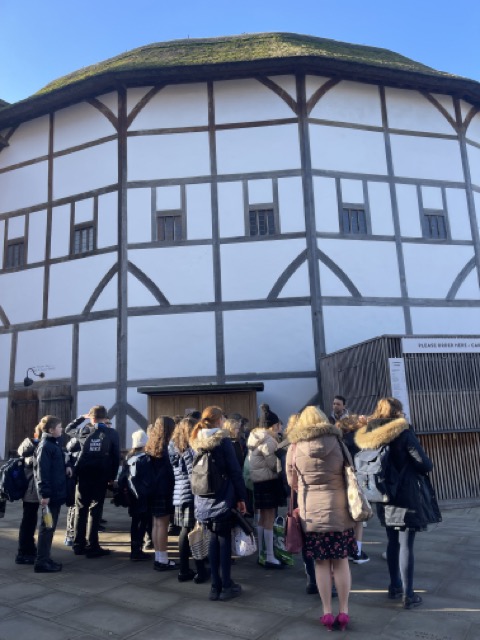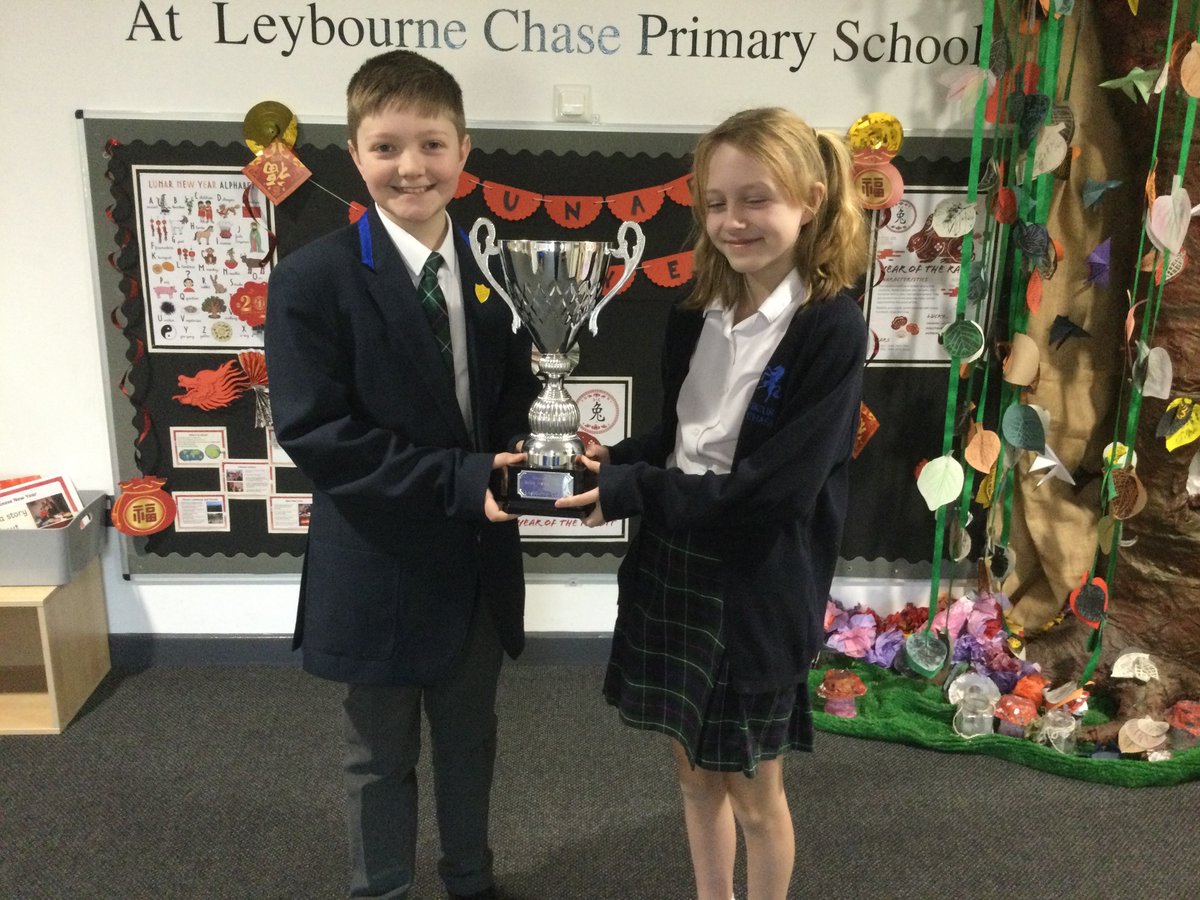Download our FREE smartphone app today!
Science

At Valley Invicta Primary School at Leybourne Chase, we recognise the importance of teaching Science in a way that encourages pupils’ natural curiosity about things they observe, experience and explore in the world around them. We recognise Science as one of the core subjects taught in Primary Schools - it is a fundamental part of our weekly curriculum, and pupils enjoy a full afternoon of Science every week. Pupils learn to make sense of, explain and think critically about key concepts through inquiry-based learning.
The experience of pupils using scientific methods of investigation should develop the natural curiosity of the child, encourage respect for living organisms and the physical environment, and provide opportunities to develop children’s questioning. The National Curriculum will provide a structure and skill development for the Science curriculum taught throughout the school, which is linked into our knowledge-based curriculum learning. We endeavour to ensure that the Science curriculum we provide will give children the confidence and motivation to continue to further develop their skills into the next stage of education and adulthood.
The teaching sequence in Science
In Science at Leybourne Chase, like all other subjects, we recognise the importance of the methods and practice of teaching (the pedagogy). The Science schemes of work outline the ‘Knowledge’ and ‘Working Scientifically’ skills as defined by the National Curriculum. In order for pupils to know more, remember more and do more in Science, these aspects must be evident in the implementation of the Science curriculum throughout school. The following approaches will be used, and be evident in pupils’ books, in order to ensure that the Science learning opportunities are as effective as possible and that pupils progress throughout the year and across year groups during their history experiences in school.
For more information on the teaching sequence, please click here.
Assessment
Teachers record pupil’s attainment through a variety of methods such as observations, photographs, written feedback, questioning and class discussion. We assess using a combination of task based materials from the PIXL website, concept cartoons and short quizzes rather than using test papers. To ensure children have a good understanding of the components, teachers provide opportunity throughout each lesson to reflect on their learning and recall facts.
Science curriculum intent, implementation and impact
The intent of our Science curriculum is to deliver a curriculum which is accessible to all and that will maximise the outcomes for every child so that they know more, remember more and understand more. Through their learning of key scientific concepts, pupils are able to understand and think critically about each unit of learning and make links to day to day life; this ensures the Science curriculum is contextual, meaningful and purposeful for all pupils. As a result of this they will:
- Develop an enjoyment and interest in Science, their outdoor environment and health.
- Develop an understanding of key scientific concepts and scientific skills.
- Develop understanding of the nature, processes and methods of science through different types of scientific enquiries.
- Be able to effectively communicate scientific ideas by using scientific vocabulary.
- Develop positive attitudes which encourage collaborative learning and perseverance.
- Develop an awareness of how science influences and affects our everyday lives.
- Develop creative thinking and problem solving skills.
For more information on Intent, Implementation, Impact, please click here.
Science Curriculum Overview - click here for more information.
Progression in Science across the curriculum:
- Biology (click for more information)
- Chemistry (click for more information)
- Physics (click for more information)
- Science KS1 Knowledge Progression
- Science KS2 Knowledge Progression
Do you want to know more?
https://explorify.wellcome.ac.uk
https://www.developingexperts.com/
https://home.oxfordowl.co.uk/at-school/science-at-primary-school/
Spark your curiosity:
https://kids.nationalgeographic.com/
Great Early Years Investigations:
https://www.science-sparks.com/early-years-science-themed-activities/
Scientists who inspire us:
VIAT STEM Challenge
As part of our Trust Wide collaboration, a group of our Year 5 and 6 children attended a STEM workshop day. They spent their time exploring forces and structures and applied this to compete in a 'build a bridge' challenge.



VIAT Science Fair
Children from Leybourne Chase took part in the Year 8, Invicta Science Fair at Invicta.
They presented their winning design from their Year 4 lessons where they designed and made a wormery.
The children presented their research, investigation findings and posters to children across the primary and secondary schools.
Well done to them for their hard work!

